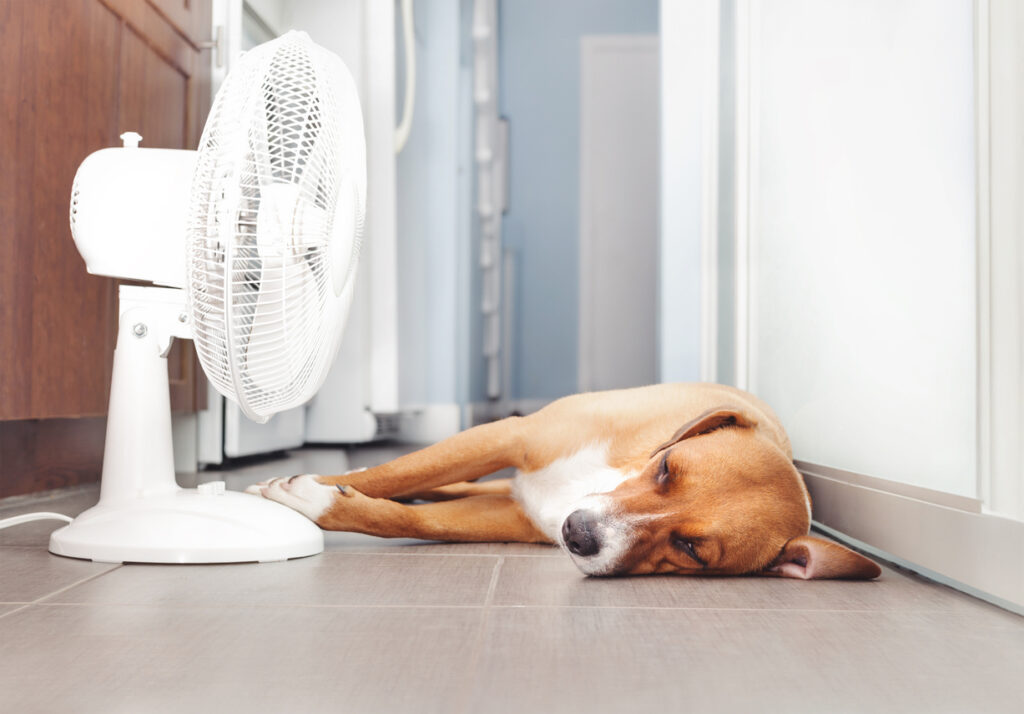As temperatures soar, so can utility bills, making summer an expensive time for a lot of households. But don’t sweat it—there are some good strategies to reduce energy consumption and keep costs down during the warmer months. Here are five ways to save on utilities in summer:
1. Use fans and natural ventilation
Before turning on the air conditioner, try cooling your home with fans and natural breezes. Ceiling fans, especially, can create a wind-chill effect that makes the room feel cooler.
At night or early in the morning, when the air outside is cooler, open windows to get some fresh air circulating throughout the house. That can significantly reduce the need for air conditioning.
2. Upgrade to energy-efficient appliances
Installing energy-efficient appliances when yours are ready for replacement can lead to substantial savings over time.
Look for products with the Energy Star label—they meet energy efficiency guidelines set by the Environmental Protection Agency. They may cost a little more upfront, but their lower energy consumption will save money in the long run.
3. Use a smart thermostat
A smart thermostat can optimize your home’s cooling needs by adjusting the temperature based on your habits and preferences.
Setting the thermostat to a higher temperature when you’re not home or while you’re sleeping can reduce energy usage by a lot. Some smart thermostats even learn your schedule and adjust automatically for convenience and further savings.
4. Keep your cooling system in good shape
Regular maintenance of your air conditioning unit can improve its efficiency and extend its life. That means replacing filters every few months and having a professional service your system at least once a year. A well-maintained system uses less energy to cool your house, which means lower energy bills.
If you rent your home, it’s a good idea to check your lease agreement to see who’s responsible for things like replacing filters. If it’s you, then definitely replace the filters and arrange for any maintenance checks that you might be responsible for. Otherwise, you’ll want to check with your landlord to make sure they stay on top of it!
5. Insulate, insulate, insulate
Beefing up your home’s insulation can keep the cool air in and the hot air out, making your cooling system more effective. Inspect windows and doors for leaks and seal them with weather stripping or caulk. Consider adding insulation to your attic and walls to further reduce heat exchange. This investment not only keeps your home cooler in summer but also warmer in winter, offering year-round savings.
Additional energy-saving hacks
– Use energy-smart window coverings: Thermal curtains can block sunlight and heat, keeping your home cooler without using extra energy.
– Plant shade trees: Strategically planting trees around your home can provide natural shade and cooling, so you won’t need to use air conditioning as much.
– Limit heat-producing activities: Things like cooking and baking can raise the temperature inside your house. Opt for outdoor grilling, prepare meals during cooler parts of the day, or make things that don’t require the stove or oven.










